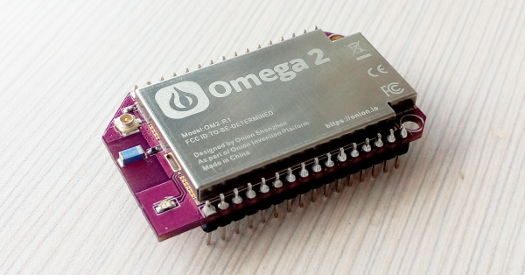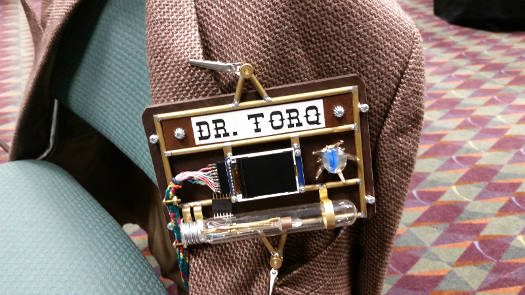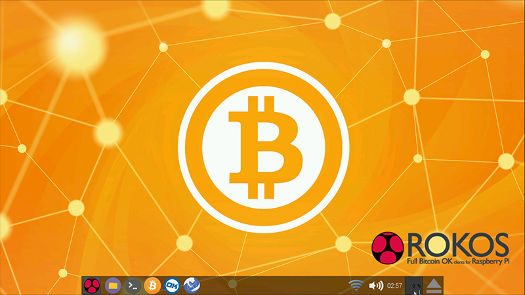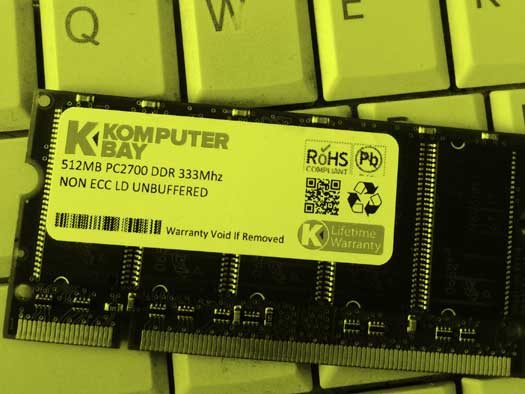“Linux is a failed experiment,” she spit. “It has no business even existing in the tech world and I am fully capable of recovering any important files myself. I do not need your help.”
The Heart of Linux
I live in a pretty cool place. We were lucky enough to find a quiet retirement community for those over the age of 55 and/or those who have disabilities that prevent them from working. Our rent is controlled by the government, so we are living in a two bedroom, two bath apartment but are paying the average rent for a studio. How cool is that? The waiting list for these apartments is usually nine months, so we were happy to have the management call us and tell us that we could move-in less than ten days after filing our application.
 This is an extremely nice complex. It’s what I call a Stepford complex, a neighborhood tucked away on a side street that, if you didn’t know it was here, you would never see. Everything is neatly built, with buildings perfectly in line with those on each side and with the unit across the street. The understated entrance is often blindly passed by, even when people are looking for it. The residents tend to be close to their neighbors and there isn’t a stranger in the whole place. New residents will find that within a week of their arrival, people will be standing at their door presenting them with cakes, pies, casseroles, cupcakes and cookies, all in the name of getting in the door and seeing who they are and what they are all about. Retirement communities are like that. Diane refers to folks like this as having “nose troubles.”
This is an extremely nice complex. It’s what I call a Stepford complex, a neighborhood tucked away on a side street that, if you didn’t know it was here, you would never see. Everything is neatly built, with buildings perfectly in line with those on each side and with the unit across the street. The understated entrance is often blindly passed by, even when people are looking for it. The residents tend to be close to their neighbors and there isn’t a stranger in the whole place. New residents will find that within a week of their arrival, people will be standing at their door presenting them with cakes, pies, casseroles, cupcakes and cookies, all in the name of getting in the door and seeing who they are and what they are all about. Retirement communities are like that. Diane refers to folks like this as having “nose troubles.”
**
If you're finding this article useful, please consider supporting our work through our FOSS Force Independence 2026 fundraiser.
**
Ken Starks is the founder of the Helios Project and Reglue, which for 20 years provided refurbished older computers running Linux to disadvantaged school kids, as well as providing digital help for senior citizens, in the Austin, Texas area. He was a columnist for FOSS Force from 2013-2016, and remains part of our family. Follow him on Twitter: @Reglue





 LibreOffice has been in the news this week. The big story, which we first heard on Tuesday, is that Canonical has joined
LibreOffice has been in the news this week. The big story, which we first heard on Tuesday, is that Canonical has joined 




 This is an extremely nice complex. It’s what I call a Stepford complex, a neighborhood tucked away on a side street that, if you didn’t know it was here, you would never see. Everything is neatly built, with buildings perfectly in line with those on each side and with the unit across the street. The understated entrance is often blindly passed by, even when people are looking for it. The residents tend to be close to their neighbors and there isn’t a stranger in the whole place. New residents will find that within a week of their arrival, people will be standing at their door presenting them with cakes, pies, casseroles, cupcakes and cookies, all in the name of getting in the door and seeing who they are and what they are all about. Retirement communities are like that. Diane refers to folks like this as having “nose troubles.”
This is an extremely nice complex. It’s what I call a Stepford complex, a neighborhood tucked away on a side street that, if you didn’t know it was here, you would never see. Everything is neatly built, with buildings perfectly in line with those on each side and with the unit across the street. The understated entrance is often blindly passed by, even when people are looking for it. The residents tend to be close to their neighbors and there isn’t a stranger in the whole place. New residents will find that within a week of their arrival, people will be standing at their door presenting them with cakes, pies, casseroles, cupcakes and cookies, all in the name of getting in the door and seeing who they are and what they are all about. Retirement communities are like that. Diane refers to folks like this as having “nose troubles.”